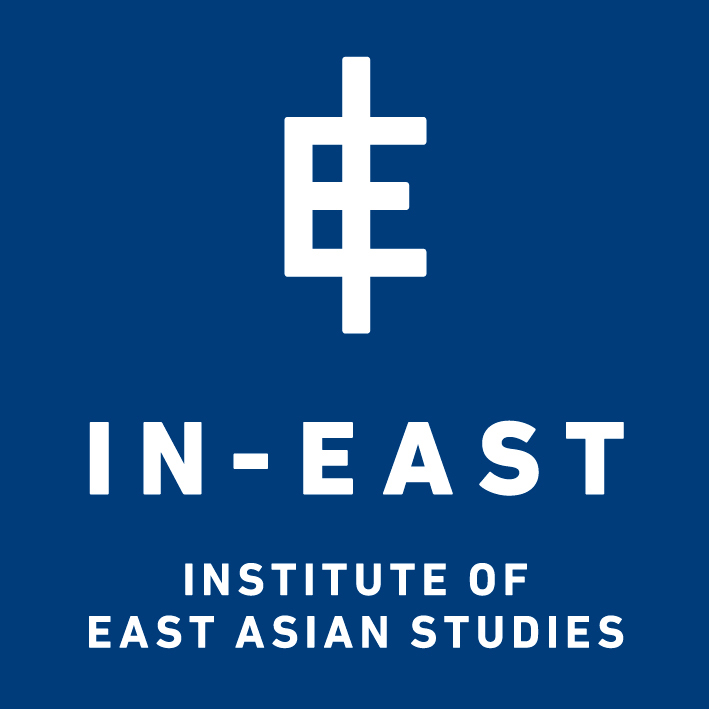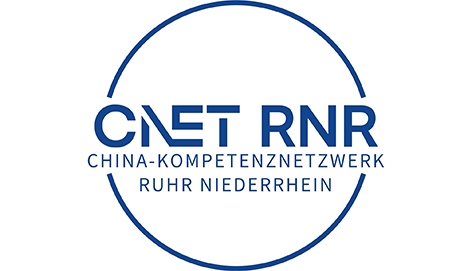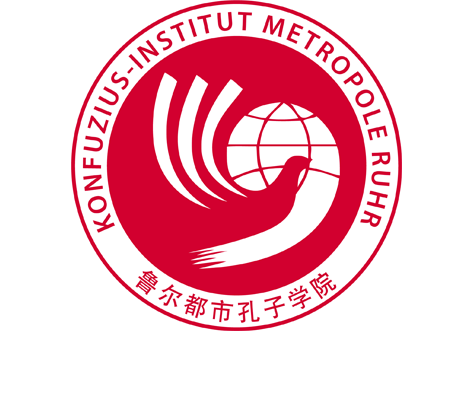PinEAD Presentations
The following list does not contain presentations held at PinEAD workshops which you can find here: https://www.uni-due.de/in-east/research/pinead_workshops.php
Axel Klein presented results of his JSPS-sponsored field research in Japan on these three occassions:
Populismus in Japan. Auf der Suche nach einem Phänomen
04 October 2022, Deutsche Gesellschaft für Natur- und Völkerkunde Ostasiens (OAG), Tokyo
民主主義におけるポピュリズム・日独比較
05 October 2022, Sophia University, Tokyo
Smoke without a Fire? The Search for Populism in Japan
11 October 2022, German Institute for Japanese Studies, Tokyo (Social Science Study Group)
Axel Klein presented at the 2022 Annual Association of Asian Studies Conference on Populism in East Asian Democracies: The Case of Japan
March 24–27, 2022, Honolulu, Hawai’i
Axel Klein talked about (The Absence of) Populism in Japan at the European Center for Populism Studies
February 18, 2022, Brussels, Belgium
Axel Klein presented at Vienna University’s conference on Populism in Regional Japan: Where is the revenge of the “places that don’t matter”?
December 17 & 18, 2021 (online)
(see: https://japanologie.univie.ac.at/regionalpopulism/)
DVPW (German Political Science Association) Populism Group Initiative & PSA (Political Studies Association UK) Populism Specialist Group joint conference Populism, Protest, and New Forms of Political Organization: Ten Years after the Movements of the Squares, Berlin Free University (hybrid format online and at the FU)
8–10 September 2021
Presentation by Axel Klein, Frédéric Krumbein and Hannes Mosler:
Populism in East Asian Democracies (PinEAD)
2021 IKSU-AKS Korean Studies Summer School, International Institute of Korean Studies, University of Central Lancashire
30 June 2021
Presentation by Hannes B. Mosler:
Why there is no populism in South Korea (yet!)
During the past decade, populism has been observed much more frequently than before in many places around the world, and therefore journalistic and academic attention to the phenomenon has increased accordingly. This surging interest in populism is largely due to the perception that populism has a high potential for compromising liberal democracy. South Korea is no exception in this regard. However, while other variations of populism such as popular movements and popularism have been observed in South Korea, too, the aggressive anti-democratic variant of populism has not yet emerged. Against this background, this lecture will introduce the ideational conceptualization of populism, critically discuss the existing literature on the South Korean case, and offer an explanation for its seeming immunity to subversive populism.
German Association for Asian Studies (DGA) Annual Conference 2021
10–12 March 2021
Panel: Populism in North- and Southeast Asia: In Search of a Phenomenon
(12 March 2021)
While studies on populism have focused on polities in Europe, Latin America and the Anglo-Saxon region, democracies in North- and Southeast Asia have been much less the subject of pertinent research. For example, “The Oxford Handbook of Populism” (2017) dedicates only a few lines on each Japan, South-Korea and Taiwan while Southeast Asia is dealt with in almost lexical brevity on two pages each on Joseph Estrada (Philippines), Thaksin Shinawatra (Thailand) and Prabowo Subianto (Indonesia), three politicians of which only Prabowo (as Minister of Defense) is still holding political office. A case could be made that the region is hardly included in populism studies because there are hardly any successful political actors and parties to be found that resemble the German Alternative für Deutschland, the Italian Lega Nord, the French Rassemblement National or politicians like Berlusconi, Trump, Chávez or Correa. Still, native scholars and journalists of the region identify and talk about populist politicians in their countries. Why do scholars in comparative political science take little notice of these cases?
This panel offered answers to this question. In order to do so four presentations took stock of (potentially) populist phenomena in the democracies of the region and how populism there is understood in public and academic discourse. To which degree do those actors labelled as populists, their policies and rhetoric fit the “ideational” and the “political-strategic” concept of populism? And how significant is the country-specific political culture as frame of reference for the labelling of political actors as populists?
Based on answers to these questions a concluding discussion did address potential evidence for specific characteristics of a North- and/or Southeast Asian understanding of populism and also address the assumption that regional political culture may render democracies immune against populist parties.
Frédéric Krumbein: Taiwan
Populism exists in Taiwan mainly as a political strategy, along the concept of the “maverick/outsider”, who positions him/herself as a “voice of the people” against the elite. The presidential election in January 2020 was a case in point with the opposition candidate Han Guo-yu. During a referendum in 2018 about the introduction of same-sex marriage, opponents used populist strategies of mobilization claiming that the “will of the people” should be heard against that of the elite. However, populist movements in Taiwan lack a coherent ideology and neither of the two big parties in Taiwan can be characterized as populist.
Hannes Mosler: South Korea
The presentation on the Korean case focuses on the questions to what extent and how the ideational and the political-strategical phenomenon of populism manifest in public spaces, the mass media, and academic research. Based on theoretical conceptualizations from North American and European contexts the talk presents a critical appraisal of the existing Korean literature and a cursory analysis of reportage patterns, and discusses selected cases of alleged populist behavior as a way of juxtaposing theory and practice. The presentation in particular attends to inquiries regarding the three themes of populism and democracy, populism and politicians, and populism and civil society.
Andreas Ufen: Southeast Asia
The political science literature related to Southeast Asia refers to diverse definitions of populism. The debate is, thus, characterized by blatant misunderstandings. Yet, the concept can only be useful employed if it is limited to a few cases. In this vein, I am referring to the “ideational approach” by Cas Mudde and distinguish it from rival concepts. Thaksin (Thailand), Duterte (Philippines) and Prabowo (Indonesia) can then be conceived of as populists in contrast to Estrada, Joko Widodo and certain variants of political Islam. Moreover, subtypes can be formed depending on how the populist defines “elite”, “people” and “general will” and how the relation between a populist primary concept and secondary ideologies is conceptualized.
Axel Klein: Japan
Political science has identified a limited number of political actors in Japan as populists, but most of these categorizations have been contested. Taking stock of Japanese populists therefore produces heterogeneous results both in academic and mass media discourse. Based on the dominant two schools of populism research (ideational, political-strategic), this presentation will look at potential populists on the national and prefectural level, discuss the usefulness of the concept of “regional populism” and analyze the role political culture plays as a frame of reference for the adscription of the populist label.
Tübingen Korean Studies Lecture Series, Universität Tübingen
24 February 2021
Presentation by Hannes B. Mosler:
South Korea’s Double-edged Herd Immunity against Populism
During the past decade, populism has been observed much more frequently than before in many places around the world, and therefore journalistic and academic attention to the phenomenon has increased accordingly. This surging interest in populism is largely due to the perception that populism has a high potential for compromising liberal democracy. South Korea is no exception in this regard. However, while other variations of populism such as popular movements and popularism have been observed in South Korea, too, the aggressive anti-democratic variant of populism has not yet emerged. Against this background, this lecture will introduce the ideational conceptualization of populism, critically discuss the existing literature on the South Korean case, and offer an explanation for its seeming immunity to subversive populism.
“Mittagsforum“, Institute for Political Science, University of Duisburg-Essen
8 July 2020
Presentation by Axel Klein:
Varieties of Populism. The Case of Japan











